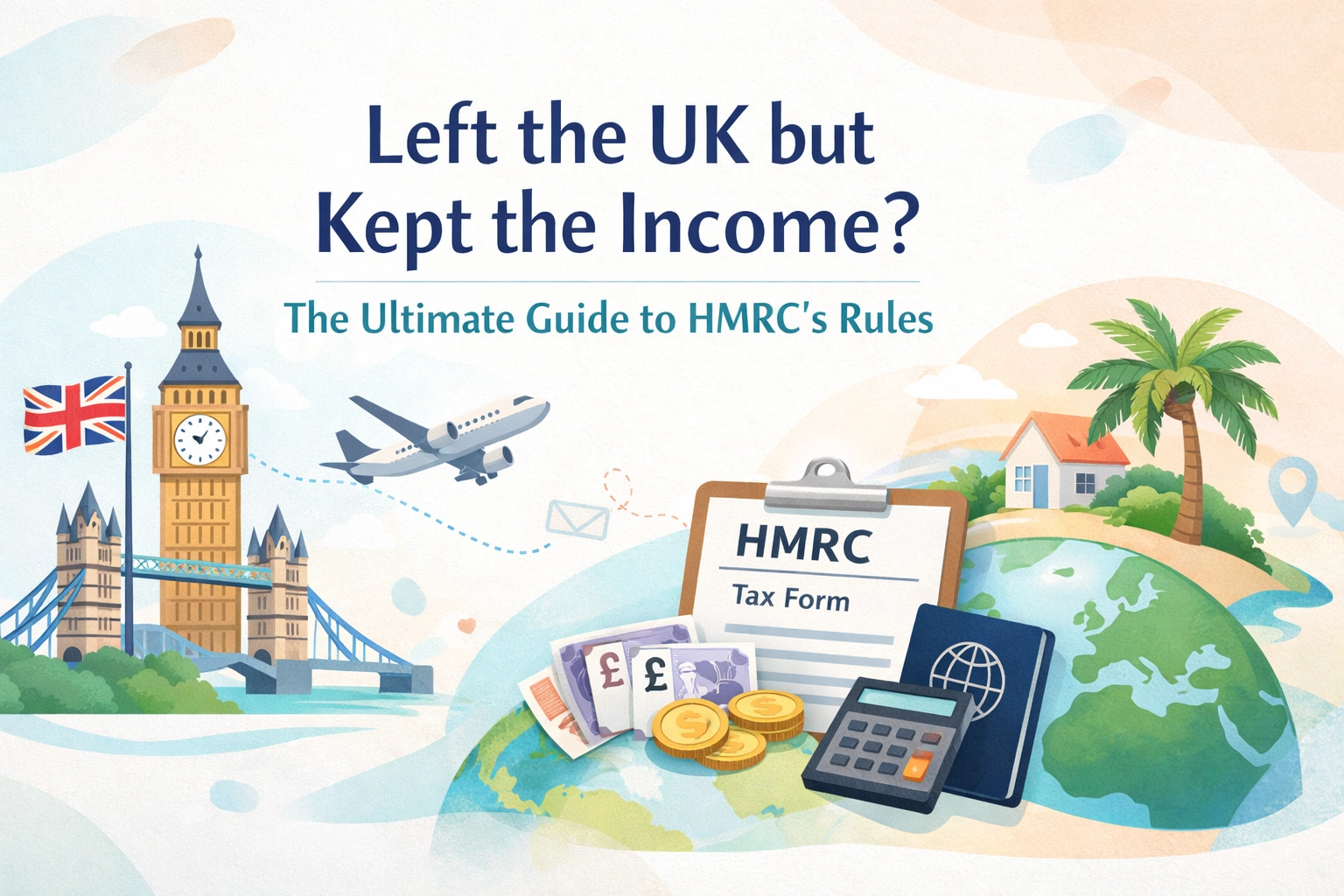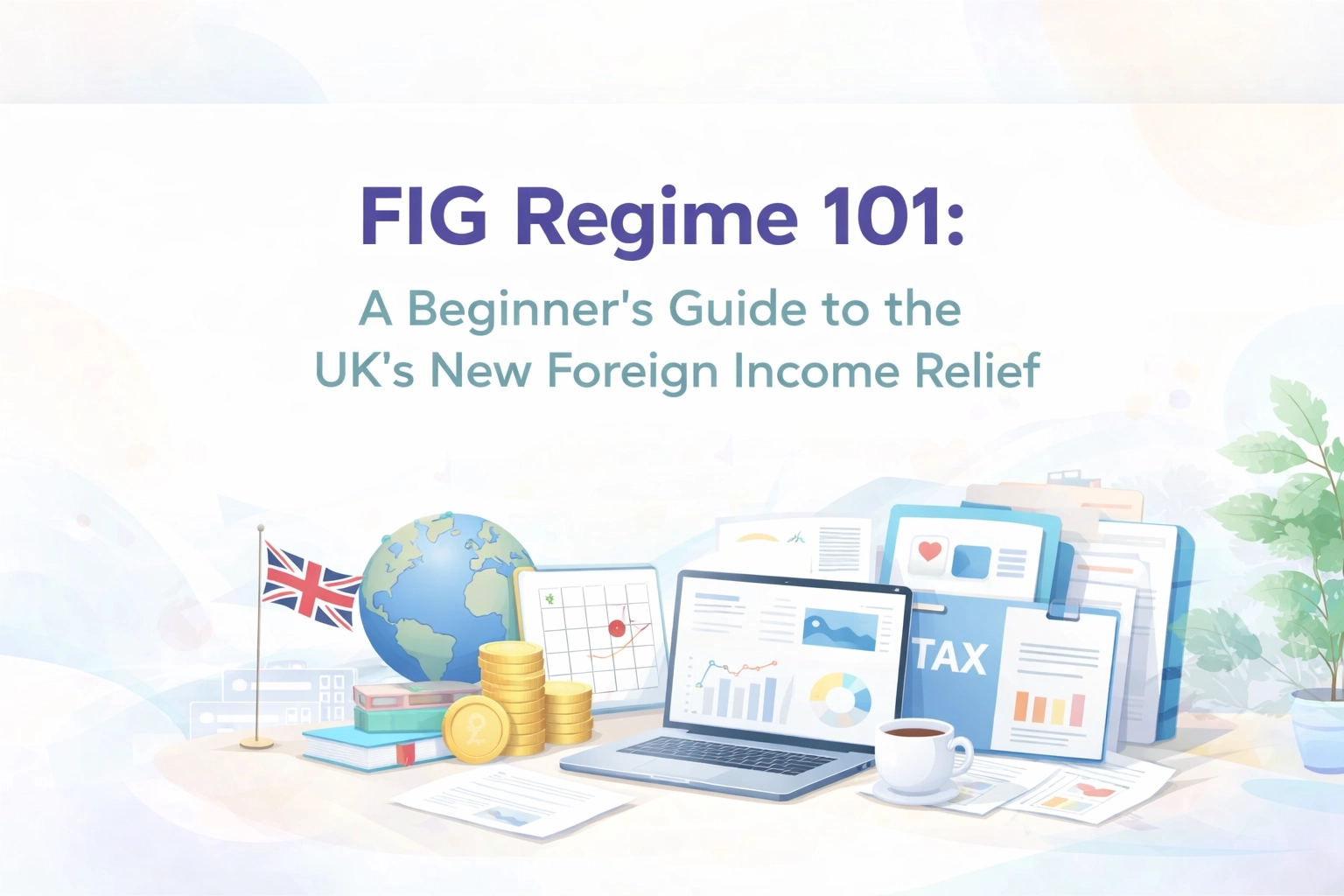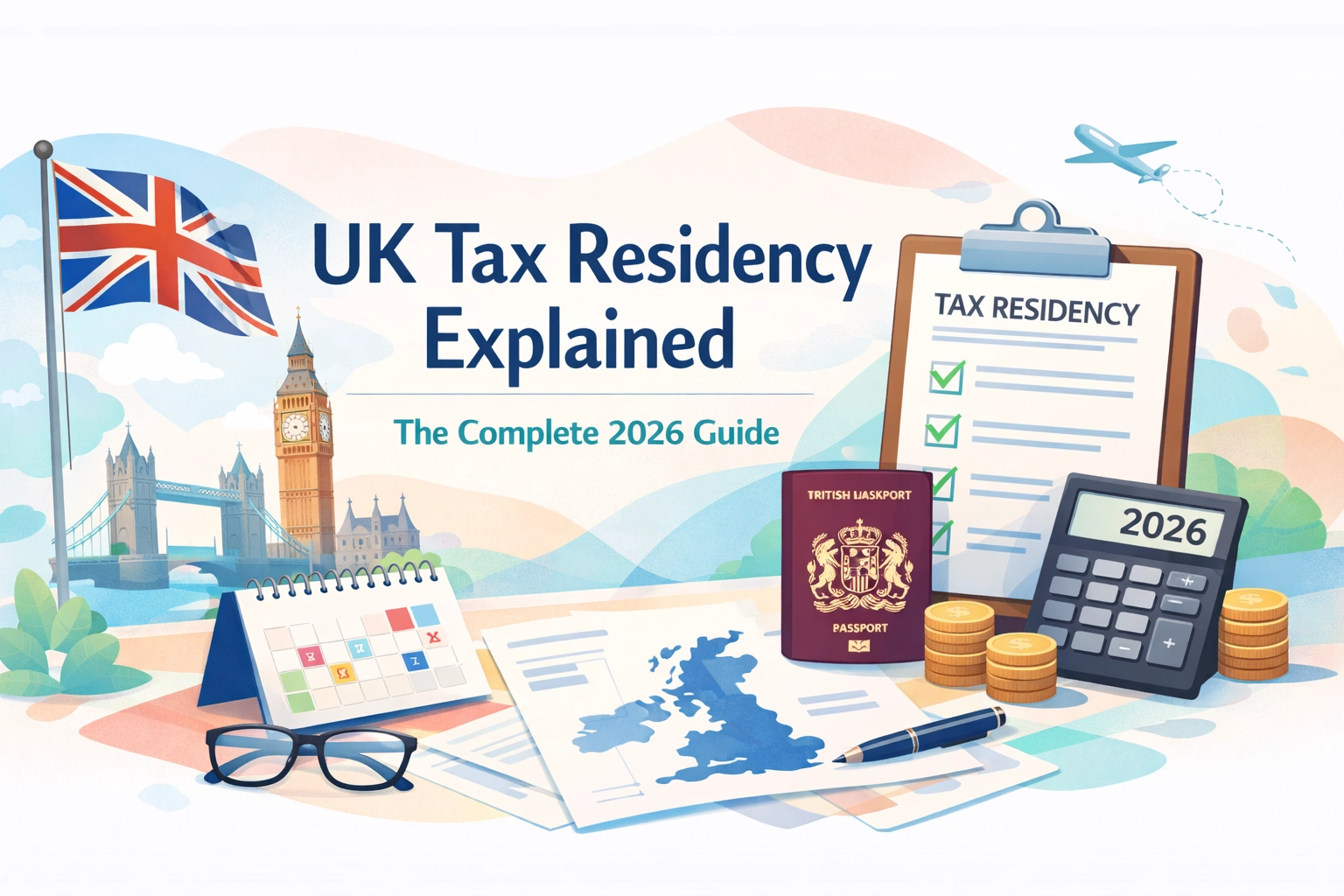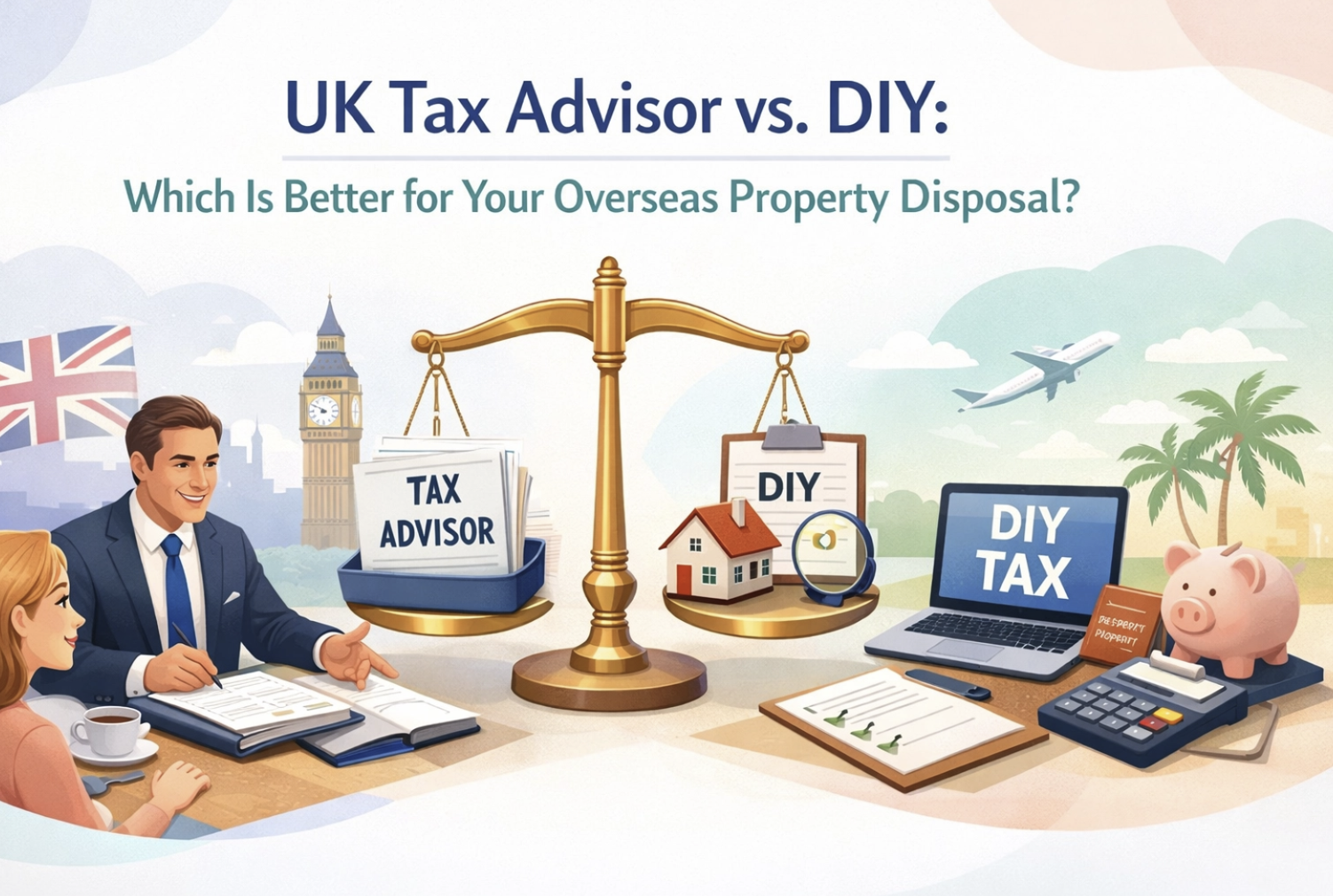Let's be honest: nobody likes watching half their paycheck disappear to the tax man. If you're an expat, digital nomad, or just someone who's tired of funding government inefficiency, you've probably wondered where you can legally keep more of what you earn.
Good news: there are plenty of countries where your tax bill is either microscopic or non-existent. The bad news? Moving abroad isn't as simple as packing a bag and Googling "cheap flights." You need to understand residency rules, cost of living, and whether you can actually stand living there long-term.
Here's the 2026 rundown of the best low-tax (and zero-tax) countries for expats who want to keep their hard-earned cash.
🇦🇪 United Arab Emirates – 0% Personal Income Tax
The UAE remains highly attractive for expats due to zero personal income tax, no capital gains tax, and no wealth tax. Revenue is generated primarily through VAT, corporate taxes on specific industries, and customs duties. Dubai, Abu Dhabi, and other emirates offer expats a tax-free environment, making it ideal for professionals and retirees seeking maximum savings. Learn more about UK expat tax planning in UAE.
🇧🇸 Bahamas – 0% Income Tax
The Bahamas imposes no personal, capital gains, inheritance, or wealth taxes, relying instead on VAT, stamp duties, and import levies for revenue. Residency can be obtained through property investment, offering expatriates a tax-efficient Caribbean lifestyle.
🇰🇿 Kazakhstan – 10% Flat Rate
Kazakhstan applies a flat 10% tax rate on personal income, providing one of the simplest and most predictable systems globally. The regime is particularly attractive for digital nomads and remote professionals.
🇧🇴 Bolivia – ~13% Flat Rate
Bolivia maintains a flat personal tax rate around 13%, positioning it among the world’s most tax-efficient countries. Expats can benefit from low compliance obligations while enjoying a vibrant culture and lower cost of living.
🇲🇻 Maldives – up to 15%
The Maldives uses a graduated income tax scale, starting at 0% up to a threshold (~USD 32,000) and rising to 15% for higher income. Its low taxation, combined with island living, makes it attractive for retirees and remote workers seeking minimal tax burdens.
🇲🇪 Montenegro – 15% Flat Income Tax
Montenegro imposes a straightforward flat 15% rate on personal income. This flat tax applies to residents and non-residents, making it ideal for digital nomads and investors.
🇭🇰 Hong Kong – up to 17% Territorial Tax
Hong Kong only taxes locally sourced income, capping the rate at 17%. Most foreign income is exempt, providing a low-tax environment for business owners and professionals.
🇬🇪 Georgia – 20% Flat Income Tax
Georgia implements a 20% flat rate on Georgian-source income. Foreign-sourced income is usually exempt, making it an attractive hub for expats and digital nomads seeking low-tax countries.
🇸🇬 Singapore – ~23% Effective Personal Income Tax
Singapore uses a progressive system, with a top marginal rate of 24% on very high incomes. Most residents fall in lower brackets (~23%), and foreign-source income is generally exempt. This combination attracts expatriates, retirees, and international entrepreneurs.
🇦🇱 Albania – ~23% Maximum Personal Tax Rate
Albania offers competitive taxation for a European jurisdiction, with a maximum 23% personal tax rate. This makes it appealing for retirees and expats seeking low-tax European options.
Why Low Tax Jurisdictions Matter for Expats
Living in a low-tax country allows you to retain more of your income for savings, investment, and lifestyle. Countries with flat or capped rates reduce compliance complexity and give certainty to expatriates and digital nomads. Understanding residency rules and local taxation ensures full compliance while maximising benefits. See our expat tax resources.
Tax Residency Rules Across Jurisdictions
Residency is a key factor when assessing taxation. Some countries tax worldwide income (e.g., the US), while others tax only local-source income (e.g., Hong Kong, Georgia). Our UK tax residency assessment explains how to determine tax residency status and avoid double taxation.
Planning Your Move to Low-Tax Countries
Careful planning is essential for expats. Evaluate visa requirements, local compliance, and financial obligations before moving. Our Global Tax Index provides country-specific guidance on income tax rates, residency rules, and special tax regimes.
Digital Nomads and Remote Workers
Digital nomads can leverage low-tax countries to enhance savings and simplify tax filing. Countries like Montenegro, Georgia, and UAE offer residency options suitable for professionals earning abroad. Learn from our digital nomad tax guide.
Explore Tax Regimes in 150+ Countries
Curious about how other countries compare when it comes to personal taxation, residency rules, or compliance requirements?
Explore our Global Tax Index – a comprehensive, easy-to-use guide covering over 150 countries.
Get insights on tax rates, residency options, special regimes, and more — all in one place.













